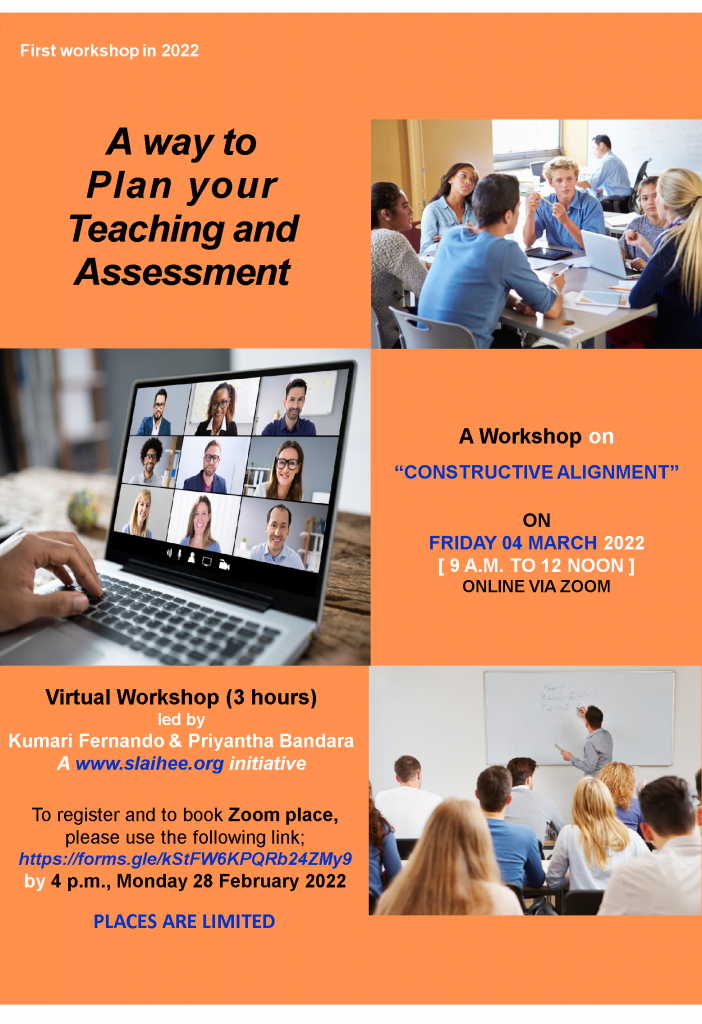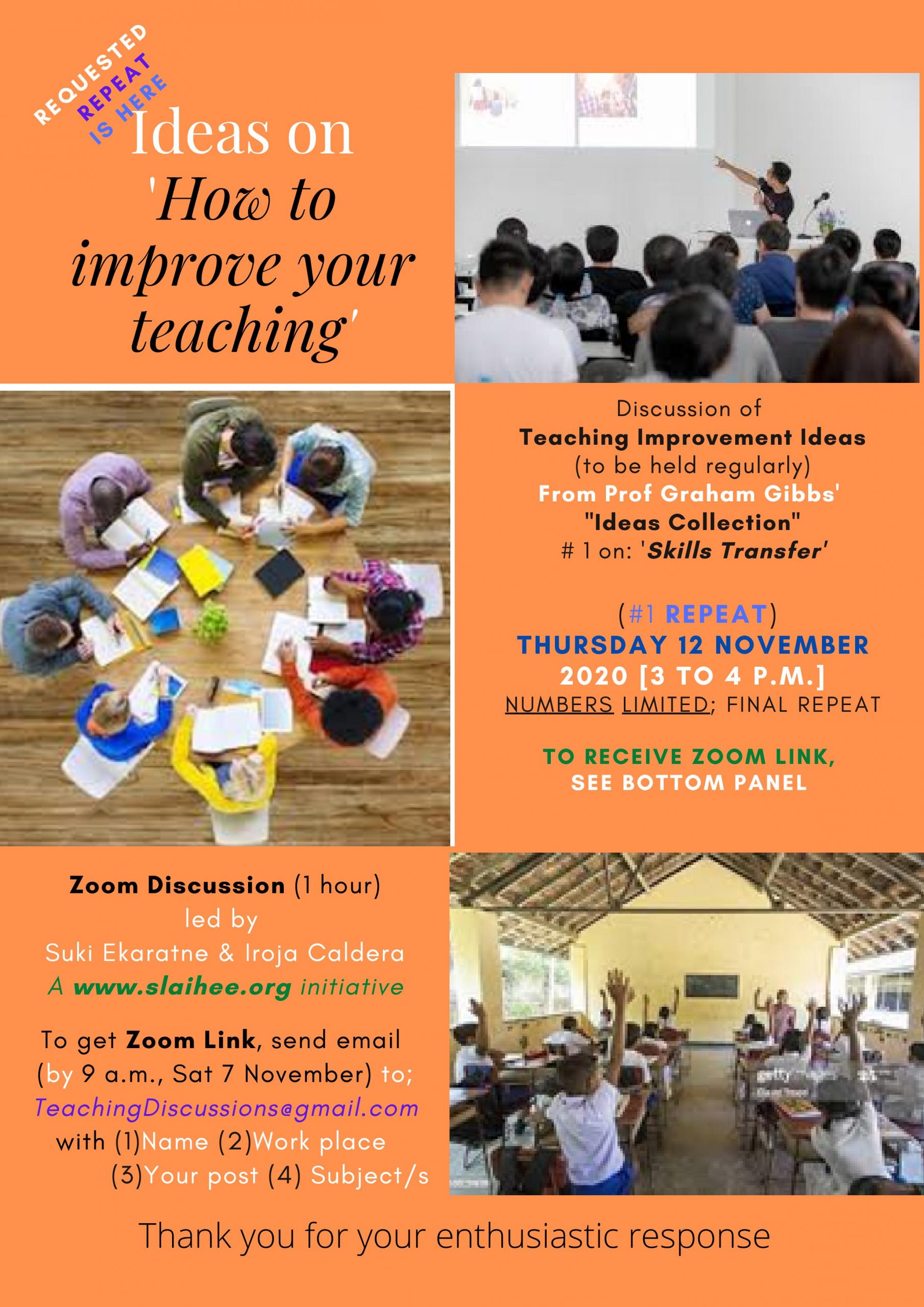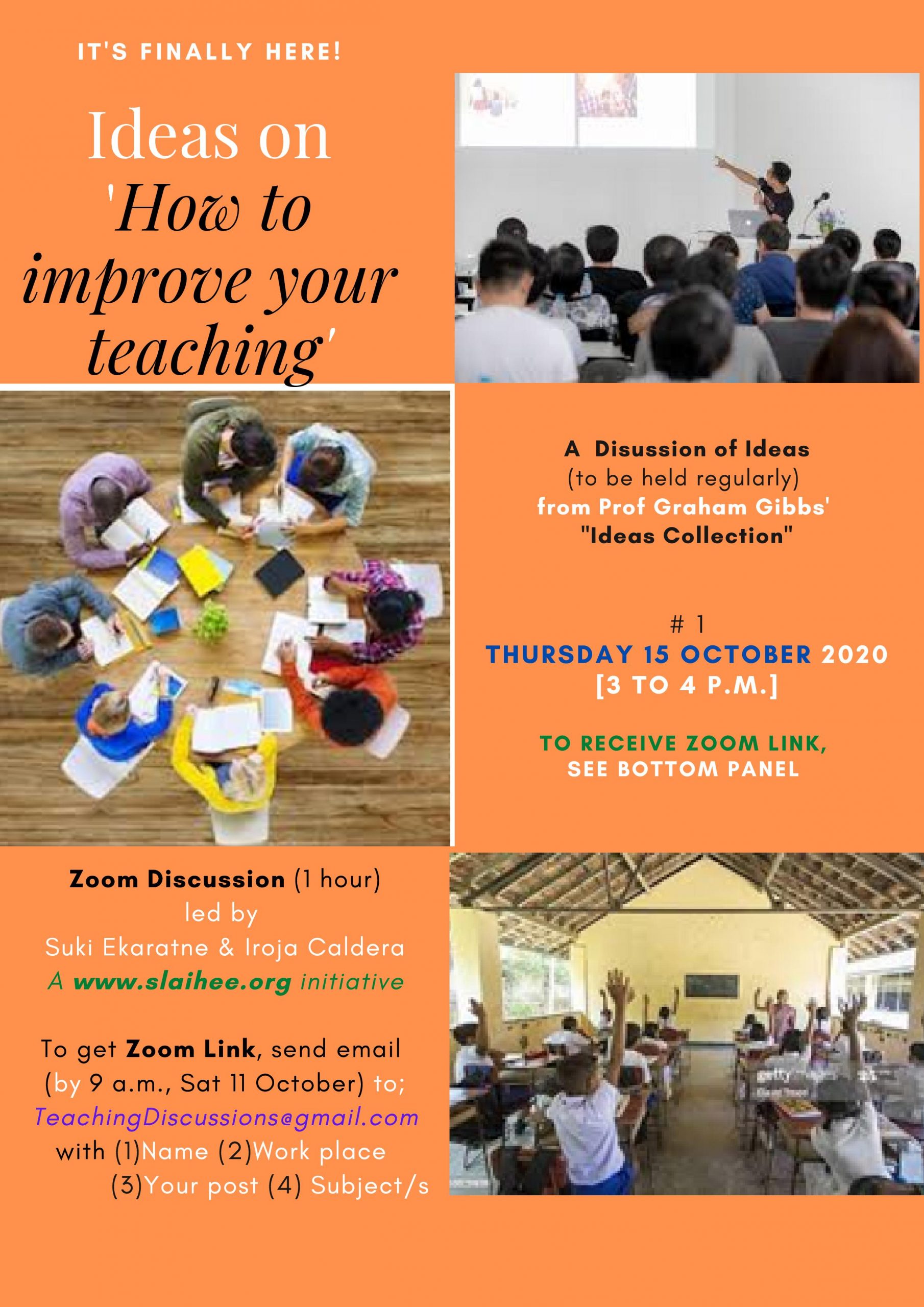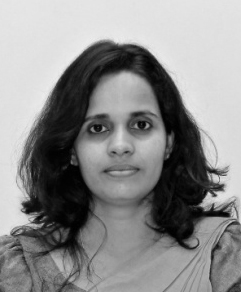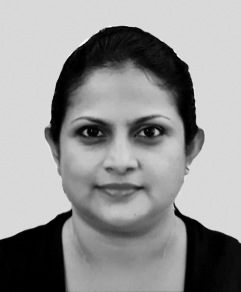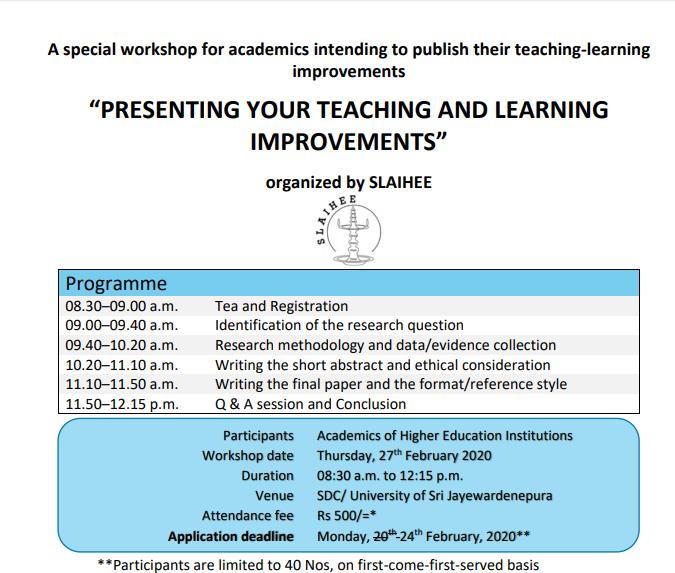The 19th Annual SLAIHEE conference was held on 28th July 2023 at Informatics Institute of Technology (IIT) School of Computing, Colombo 04. Held in face-to-face mode following three years of being held online, the conference was organized by SLAIHEE and supported by IIT. The theme this year was “Outcome-based higher education for developing knowledge-based procedures in students”. The inauguration commenced with Professor Sunethra Perera, Immediate Past President, SLAIHEE giving the opening remarks which was followed by Dr Iroja Caldera, President, SLAIHEE, welcoming the participants who were from several state and private universities. Following this welcome note, she invited the Guest of Honour, Mr Mohan Fernando, CEO of IIT to address the audience. Thereafter, Ms. Sajeewani D Somaratna, Acting Librarian, University of Colombo, delivered the keynote address on “Outcome-based higher education for developing knowledge-based procedures”. The inauguration concluded with a vote of thanks delivered by Dr Jinendra Dissanayake, President-Elect, SLAIHEE.Ten (10) peer reviewed papers were presented this year and these led to lively discussions during the Q&A sessions. The papers focused on how teaching practices were improved by Sri Lankan university academics and secondary school teachers in relation to how specified higher education skills are developed. The Conference was followed by the AGM of SLAIHEE.
This year the conference also included a post-lunch mini workshop facilitated by Prof Suki Ekaratne, Titled ‘Designing plans to improve selected student skills’ it included a group work session which had an enthusiastic response from participants. A 2-3 hour follow-up workshop is being planned for the same participants and based on what participants had completed at this mini-workshop,”
Download 2023 Conference Keynote Speech by Ms. Sajeewani D Somaratna

